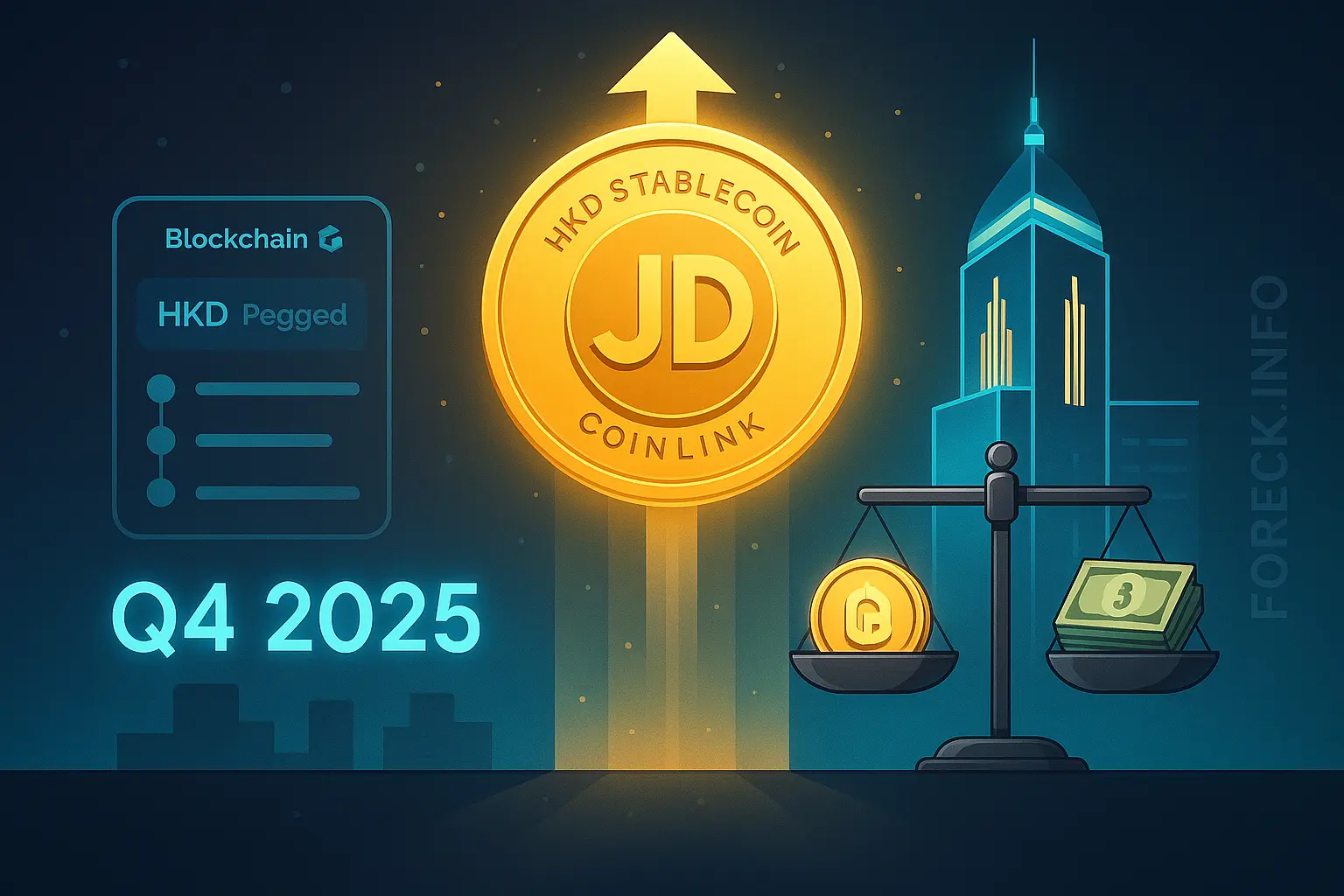The initiative follows the successful completion of the second phase of sandbox testing under the supervision of the Hong Kong Monetary Authority (HKMA). JD Coinlink, registered in Hong Kong since March 2024, is now positioned to apply for a formal license in accordance with the new stablecoin regulation set to take effect on August 1, 2025. The company expects to secure its license and launch the stablecoin publicly on-chain during the first half of Q4.
Liu Peng, a key architect of WeChat Pay, emphasized that the JD Coinlink stablecoin is not a speculative crypto asset like Bitcoin or Ethereum, but rather a robust digital payments tool, designed for cross-border transactions, retail purchases, and supply chain finance. The first deployment is planned for the JD Global Sale platform in Hong Kong and Macau, enabling seamless stablecoin payments for both B2C and B2B operations.
The legal environment for stablecoins in Hong Kong is shifting rapidly. The new law, published on May 30, 2025, requires all stablecoin issuers to obtain licenses and undergo strict compliance checks. JD Coinlink’s compliance-first approach aims to distinguish the product in a market dominated by USDT and USDC, which together control over 80% of global stablecoin volume.
Liu underlined that JD Coinlink’s vision goes beyond crypto trading: the stablecoin is positioned as foundational financial infrastructure for Asia, the Middle East, Africa, South America, and Europe. The primary focus is on efficient, transparent, and regulation-compliant cross-border payments for the real economy, not speculative crypto activity.
As part of its broader strategy, JD Coinlink plans to partner with licensed service providers to expand supply chain finance solutions, leveraging blockchain technology for logistics and order management. This aligns with Hong Kong’s stated ambition to become a regional hub for regulated digital asset innovation.
The move comes shortly after Hong Kong’s Financial Secretary Paul Chan signaled upcoming amendments to the regulatory regime for stablecoins, further validating the territory’s commitment to supporting compliant Web3 infrastructure.

